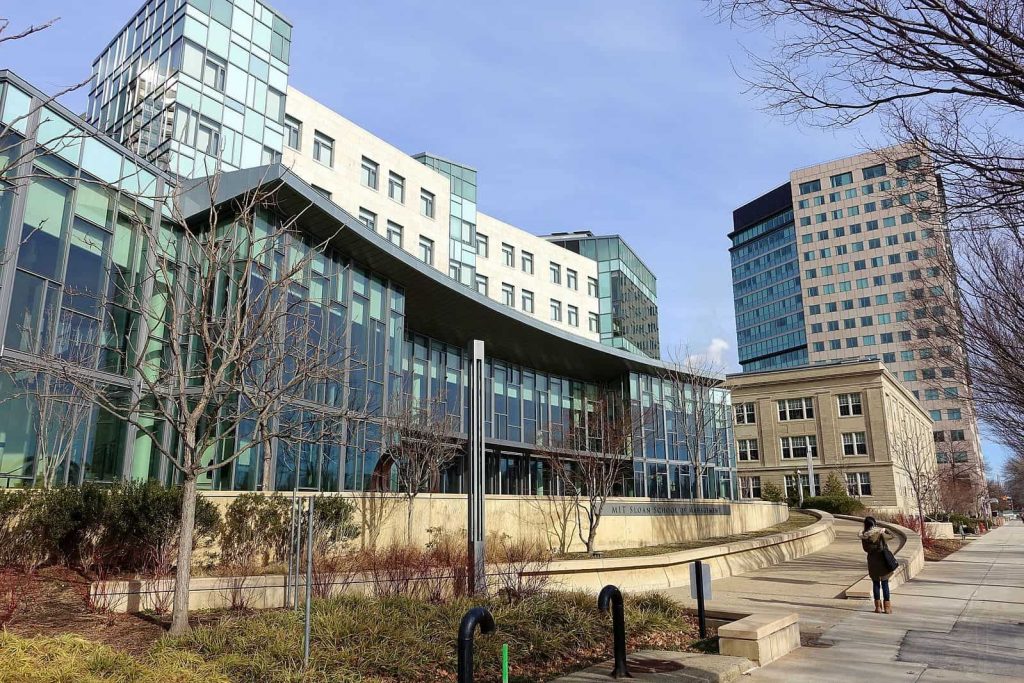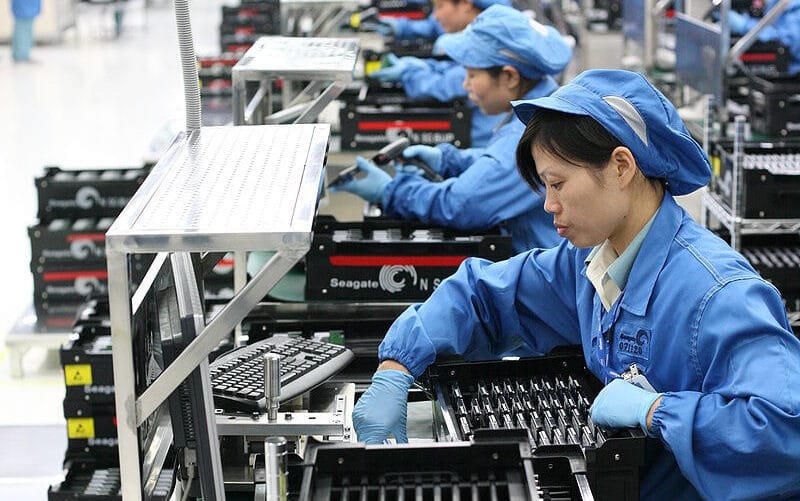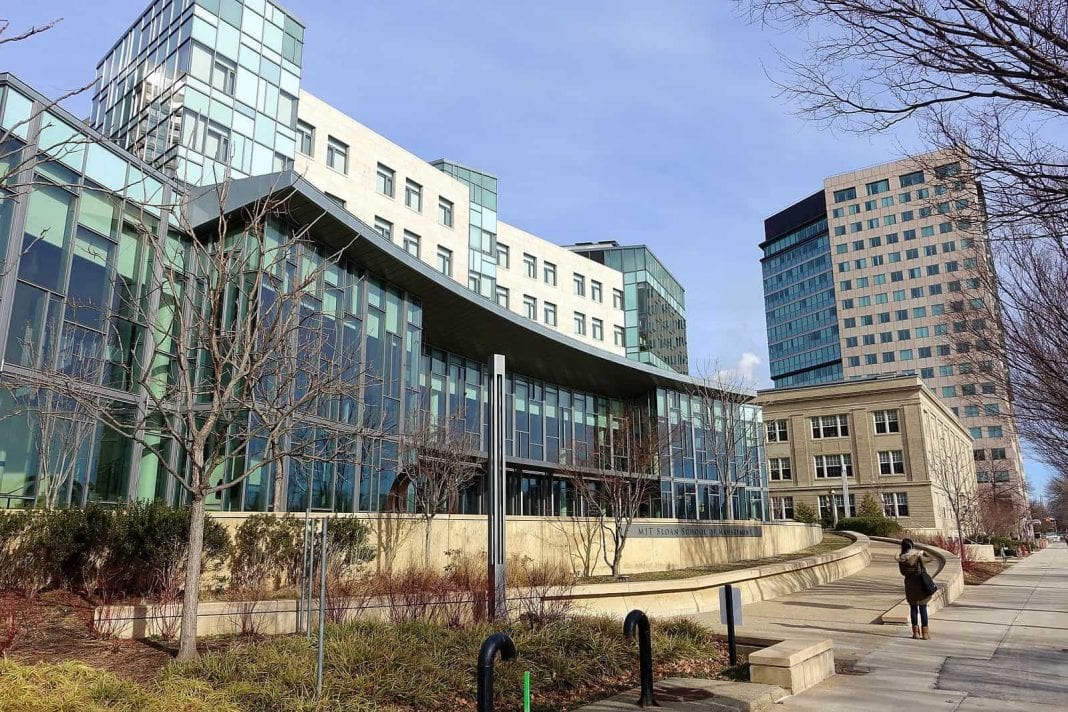Chinese academic espionage is a realistic threat to the U.S. This article provides a survey of its meaning, method, and modern use.
According to the U.S. News “2021 Best Global Universities Rankings”, 15 out of the top 20 ranked colleges in the world fly the stars and stripes.
Besides the robust academic prowess found within the classrooms, campus research laboratories are where the fruits of labor are abundant. Premier institutions among the likes of Harvard, Stanford and MIT, all have their own independent laboratories where they research and publish multi-disciplinary peer-reviewed works. The funding stems from both the private and government sectors, awarding research programs with special grants, especially if the research assists the awarding organization’s goals.

Not all information should be accessible, however. If research falls into the hands of the wrong actors, the entire world may suffer. A nation with nefarious motives or poor diplomatic relations can cause the unintentional empowerment and ascendancy of an enemy.
U.S. research laboratories are a soft target for state and non-state actors who are hostile to the West. The relative ease of access to these institutions makes them vulnerable to what we can call academic espionage. The Chinese government is the number one offender.
Beijing Blues
China and the U.S. have relationship issues.
Not the kind that reconciles with a strategically gifted box of fine chocolates and a bouquet of roses. Not even couples’ therapy, as cynicism about the state of geopolitics, may suggest.
Truth be told, both countries find themselves intertwined in peak levels of tension. Arguably, these are the highest since the apex of the Cold War. And although the U.S. is the world’s most powerful country, China is catching up at a breakneck pace. China suggests with their media chatter and political speculation, they may realistically replace the U.S. in the not so distant future.
In order to accomplish those goals, the Chinese Communist Party (CCP) has developed a strategy named “Made in China 2025”. The plan, released in 2015, is a “ten-year plan to update China’s manufacturing base by rapidly developing ten high-tech industries”. The CCP has recently announced an expansion of the 2025 strategy titled “China Standards 2035.”, which according to CNBC “is a combination of domestic exigencies and the need to improve their own economic performance and efficiency and their desire to set the standards, literally and figuratively, abroad.”
Domestic research and development would seem to be the primary way China can reach that goal, but reality dictates otherwise. Industrial technology in the U.S. overshadows its Chinese counterparts in modern technological advancements.
But now, the gap is shortening.

Corporate espionage
Corporate espionage is an effective practice the CCP has used to infiltrate U.S. industries. Their the goal is to steal trade secrets and sensitive information, as well as disrupting operations. That tradecraft practice has proven successful, but the risk of detection is far greater today than in the past. Both private and government companies have modernized internal and external digital security that can mitigate infiltration by bad actors. Luckily, “espionage variety” is one of Beijing’s love languages, and U.S. higher academia is rife with attractive soft targets. That is where academic espionage comes into play.
Academic Espionage
The CCP uses all elements of society to support its global espionage efforts. For example, they require Chinese government departments to support Ministry of State Security (MSS) intelligence operations when asked. This simple policy provides China’s intelligence apparatus with the ability to leverage a long list of interested institutions:
- Universities
- Think tanks
- Foreign affairs departments
- Government sponsored overseas educational programs
- Military liaison programs
- Friendship and student associations
This quote comes from the book Chinese Espionage Operations and Tactics by Nicholas Eftimiades. It accurately summarizes the wide scope of CCP espionage operations. Similarly, to the Israeli Sayanim, yet different because of the communist ran the government, Chinese nationals have a forcefully sworn allegiance to the state and its collective advancement. Within that quote, there are a couple of key phrases to zero in on: “the ability to leverage universities”, and “government-sponsored overseas educational programs”–both ideas being components of academic espionage.
Simply put, academic espionage is the use of tradecraft to infiltrate universities and collect intelligence, proliferate information, and exert propaganda and influence, including pro-state rhetoric in foreign populations, similar to the CCP strategy in Africa.
According to Emily Feng at NPR, the U.S. FBI has recently “urged universities to review ongoing research involving Chinese individuals that could have defence applications”.
Ruopeng Liu
One instance of this took place in 2007 at Duke University, where Chinese billionaire Ruopeng Liu attended. During his time at Duke, Liu developed a scholarly relationship with Dr David Smith, a global subject expert on “metamaterials”, which are “materials that can manipulate and use light and other forms of energy in new and often amazing ways.” In addition, Dr Smith was researching an “invisibility cloak” created by the metamaterials. According to NBC News, Liu came to the U.S. “with the express intent of studying at Smith’s lab.”, which he was successful in doing by becoming Dr Smith’s protégé.
Liu gained access to Dr Smith’s lab and gained permission to bring in two Chinese researchers–funded by Beijing–to work on projects with Liu. According to that NBC news piece,
“During a trip to the lab one day when Dr Smith was not present, they took pictures of the lab and its contents, focusing on the apparatus that allows scientists to measure the cloak. They brought photos and measurements of all the equipment used to fabricate the cloak back to China.”
This case study showcases one strategy used to conduct academic espionage, but others are more subtle and innocent in appearance, like the Confucius Institute.
The Confucius Institute
According to Rachelle Peterson at the National Association of Scholars:
“Confucius Institutes offer censored courses about Chinese Language and culture, using books and teachers chosen and paid for by the Chinese government. They provide China with an easy way to monitor American professors, pressure universities to kowtow to China’s preferences, and keep an eye out for useful information and technology.”
These programs have been the subject of partisan scrutiny in the world of U.S. politics as of late, with Congressional members even submitting a letter to the incumbent Secretary of Education, Miguel Cardona, regarding the address and disbandment of Confucius Institute programs nationwide.
Outside of the political sphere, however, Confucius Institutes have been subject to surveillance by the FBI, NSA, and other domestic security agencies.
The wolf in sheep’s clothing nature of Confucius Institutes is a prime example of how the CCP can use higher academia as a tool to transmit pro-CCP propaganda to the U.S. public. As mentioned in a Hoover Institute report on Chinese influence in America:
“Accusations levelled at Cis revolve mainly around the exclusive use of PRC materials that promote PRC Chinese viewpoints, terminology, and simplified characters; the avoidance of discussion on controversial topics such as Tibet, Tiananmen, Xinjiang, the Falun Gong, and human rights in American classrooms and programs; and potential infringement on theoretically independent studies curricula on American campuses.”
Conclusions
By wielding such influence, the CCP can help shape entire generations of students to be sympathetic to both their party and communism, along with influencing views on atrocities within their nation, such as the ongoing crisis with the Uyghur Muslims in the Xinjiang region. While a conventional war may be off the table for the time being, academic espionage is a way the CCP can attack the U.S. from the inside.
Especially now, as the decay of truth and misinformation is at fever dream levels among the public spheres. China plays the long game, and while they may not be the current champion, only time will tell when they win.

